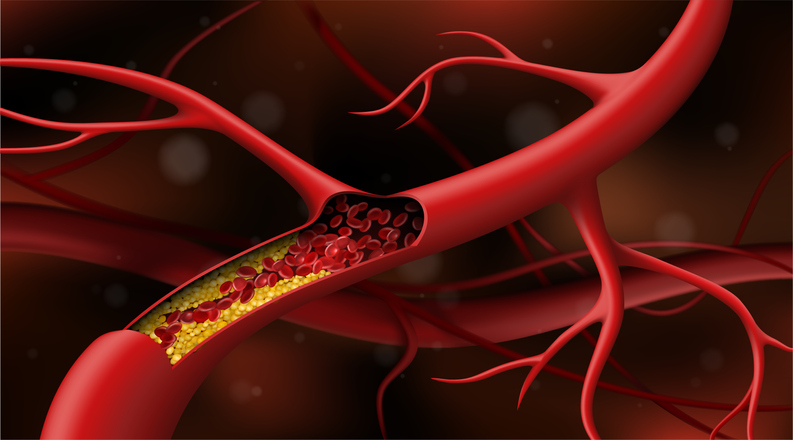Beyond the Chill: Understanding Raynaud's Phenomenon
JAN 29, 2026Raynaud's phenomenon is a rare disorder that affects the blood vessels, most commonly in the fingers and toes, but sometimes also in the nose, ears, or lips.
Read More
Do you know your numbers? Cholesterol is an often-misunderstood but essential aspect of heart health. In fact, keeping your cholesterol in check can help you delay or avoid seeing cardiologists like me.
People tend to think cholesterol is just something bad that’s in the foods you like. Cholesterol is in foods but it’s also made by your liver. This waxy fat-like substance helps form cell walls, tissues, hormones and more.
When there’s too much of it, cholesterol can stick to the walls of your arteries. This triggers cellular responses that ultimately cause plaque to build up in arteries. The resulting narrowing and blockages of arteries are at the root of heart disease.
There are different types of cholesterol, one of them is LDL and a high number of LDL is shown to be directly associated with heart disease.
The good news is cholesterol levels are something you can improve through diet, regular exercise and if needed, cholesterol-lowering medications.
Here are the 5 facts you need to know when it comes to cholesterol:
People tend to think of cholesterol as something you deal with in middle age. Some even wait until they have heart disease symptoms to get their cholesterol under control.
Unfortunately, by then, significant damage is done because cholesterol builds up over time.
If you address cholesterol early with lifestyle modification, and medications (if needed), heart disease can potentially be prevented or delayed.
Parents are sometimes surprised to find out that it’s routine to screen children and adolescents between ages 9 and 11 and again between 17 and 21.
Your physician considers several factors for cholesterol screening, including family history of high cholesterol or conditions like diabetes and obesity. In general, adults should get a cholesterol check every 3 to 5 years if previous testing was normal. In those who have high cholesterol, a yearly cholesterol check is recommended.
Heart disease is just as common in women as in men, so identifying and treating high cholesterol is just as important for women. While treatment with medications may be held during childbearing and breastfeeding years, it’s important not to miss the opportunity to keep cholesterol in check as early as possible.
Your cholesterol numbers are important, but we look at them as part of the big picture of your heart health. We also look at other factors, such as health conditions like hypertension, diabetes, and obesity, as well as your smoking history.
We’re used to taking medications to achieve an observable result, such as decreasing pain. When it comes to cholesterol, sometimes people don’t want to take medications if they don’t “feel” a difference. Cholesterol lowering medications have been around since the 1980s and there is strong evidence to show that lowering cholesterol with medications can lower progression of atherosclerosis. If you are hesitant about starting medication or worried about side effects, talk to your doctor about it rather than stopping it yourself.
For more questions around cholesterol and your heart, reach out to your provider.

Raynaud's phenomenon is a rare disorder that affects the blood vessels, most commonly in the fingers and toes, but sometimes also in the nose, ears, or lips.
Read More
Arrhythmias are broadly categorized by where they originate (atria or ventricles) and how they affect heart rate (too fast, too slow, or irregular).
Read More
CAD occurs when the arteries supplying blood to your heart become hardened and narrowed due to a buildup of plaque (atherosclerosis).
Read MoreWhen you need local health information from a trusted source, turn to the CHI Health Better You eNewsletter.